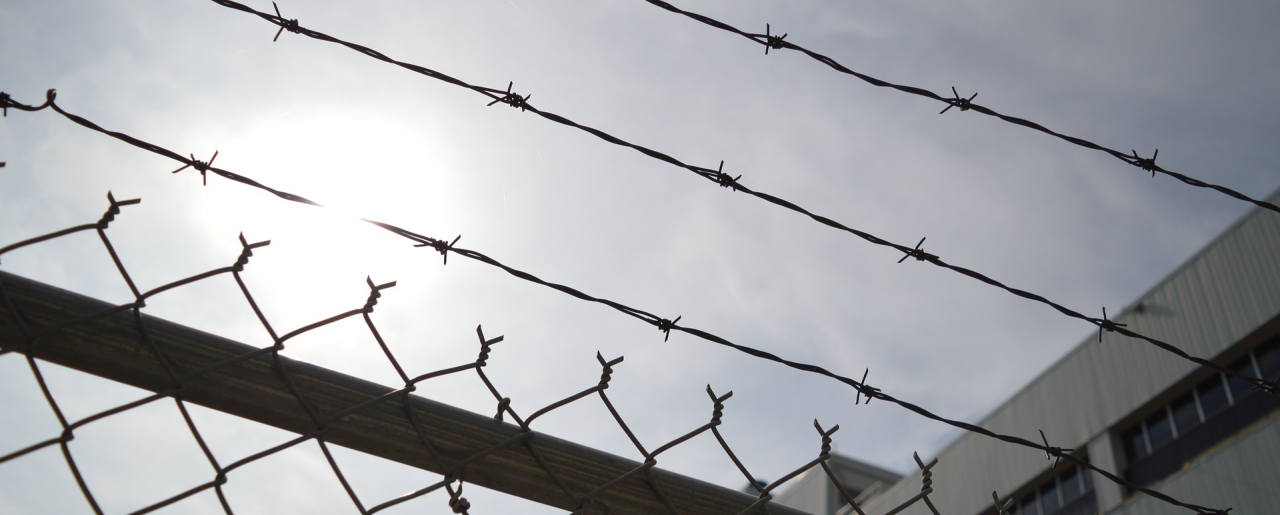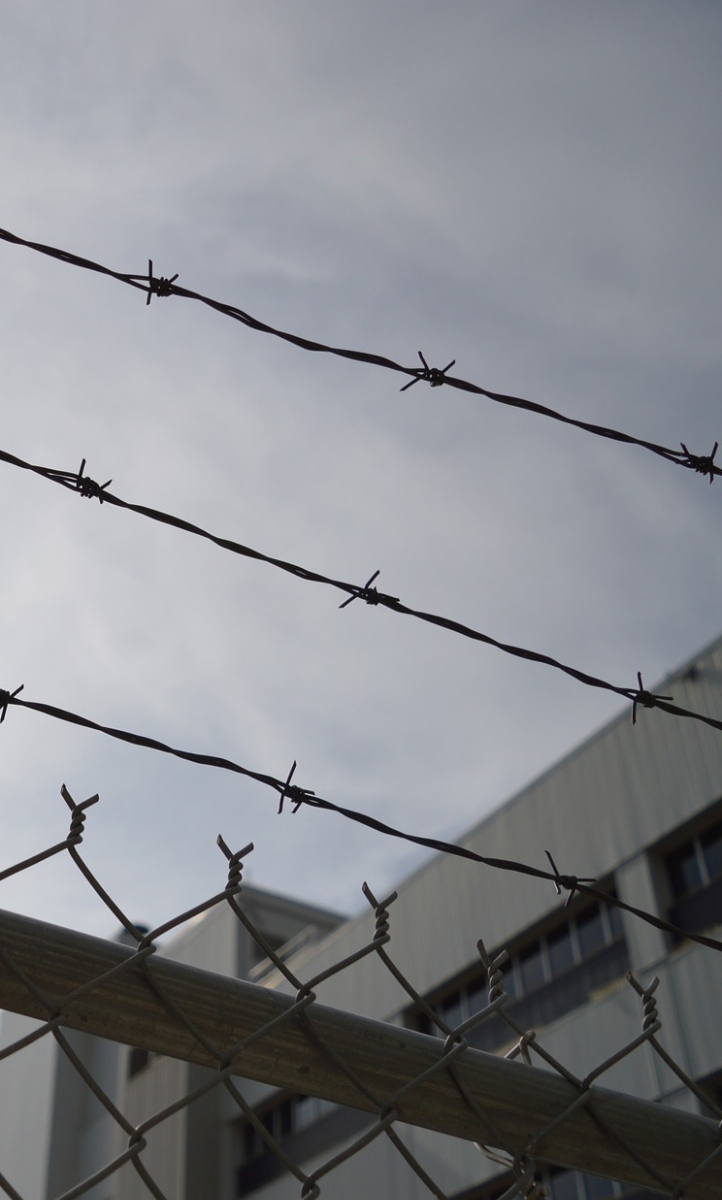News that the government has taken over control of HMP Birmingham from private contractors has led the Prisons Minister to admit that similar problems are rife across other UK facilities.
The Ministry of Justice announced yesterday (20 August) that it would be taking over the running of the 1,200-capacity prison in Birmingham from private security firm G4S after inspectors reported a dramatic deterioration in standards at the facility, including out-of-control gang violence, drug use and unsanitary conditions. Since 2012, the first year that G4S was in full control of the prison, the number of assaults taking place annually has risen fivefold, with 1,147 assaults recorded in 2017 – nearly one per inmate.
In a report by Peter Clarke, Chief Inspector of Prisons, Birmingham was described as the worst prison he had ever been to. In his wider annual report for 2017/18, he stated: “I realise that in recent years many prisons, short of staff and investment, have struggled to maintain even basic standards of safety and decency. Some prisons, in very difficult circumstances, have made valiant efforts to improve.
“Others, sadly, have failed to tackle the basic problems of violence, drugs and disgraceful living conditions that have beset so many jails in recent years. I have seen instances where both staff and prisoners alike seem to have become inured to conditions that should not be accepted in 21st century Britain.”
The government has assumed control of HMP Birmingham for an initial six months, with 300 inmates transferred to other prisons to ease pressure on staff. Prisons Minister Rory Stewart told radio station LBC that “as many as 20” other prisons in the UK have similar problems to those seen in Birmingham; speaking on Radio 4, he admitted that cuts to prison staff numbers enacted by the Conservatives are partly responsible for the appalling conditions prisoners are living in. He also blamed the rise of new drugs like spice, saying: “These drugs that didn’t exist five years ago...are causing crazy aggressive behaviour.”
Last week, while announcing a £10-million package of measures to improve conditions in 10 public sector prisons, Stewart stated he would resign if conditions in the selected facilities did not improve. Privately-run HMP Birmingham was not on the list.
Shadow Justice Secretary Richard Burgon said the report into Birmingham should be “a nail in the coffin for the flawed idea of prison privatisation”, while Jonathan Bartley, Co-leader of the Green Party, has accused the government of being “wilfully blind” to the scale of the prisons crisis in the UK.
“The report lays bare the inadequacy and squalor of a system which is failing everyone,” Bartley commented. “From riots and deaths to take-overs, it is clear the privatisation experiment hasn't worked. Meanwhile cuts have left prisons unable to meet inmates’ basic needs – let alone rehabilitate them.
“The government should set our prisons on a new path towards a more successful, humane and common sense justice system. Britain has the highest imprisonment rates in Western Europe – but it doesn’t have to be like this. It should start with reducing prison numbers and a programme of prison closures, exploring alternatives to incarceration. It should also overhaul our failing drug laws.”


